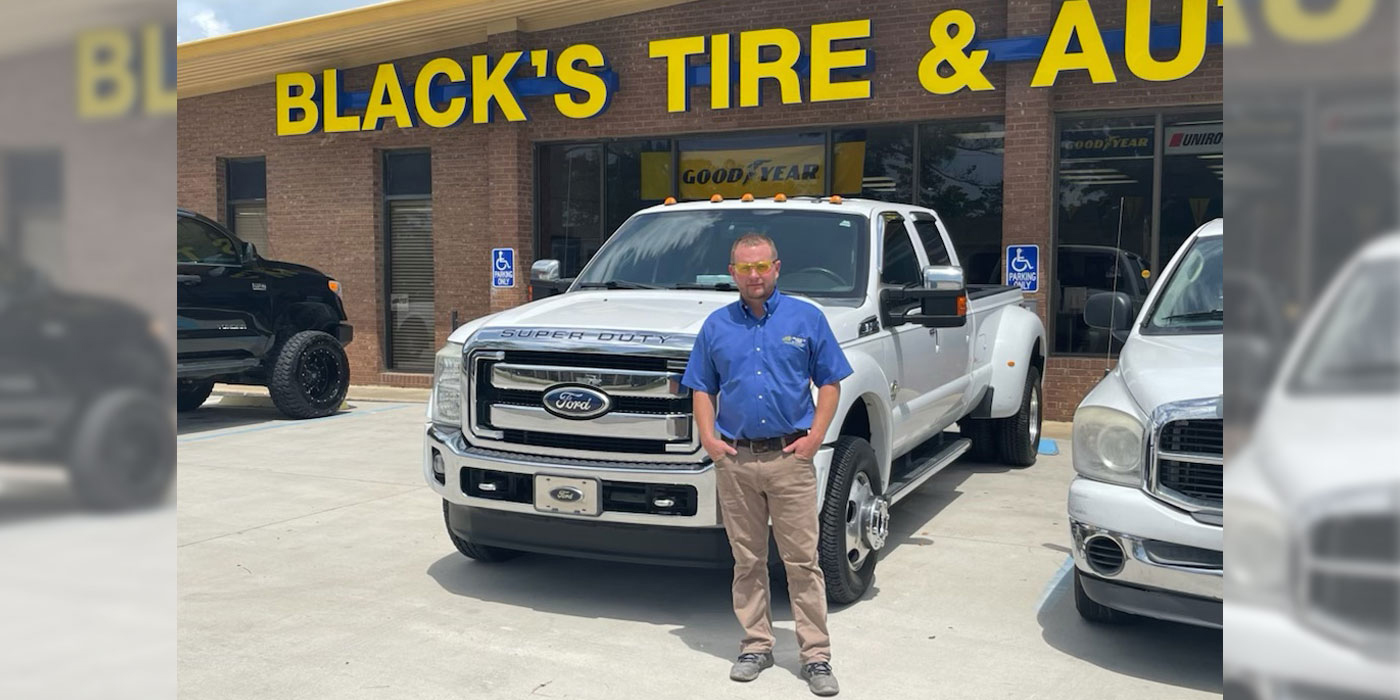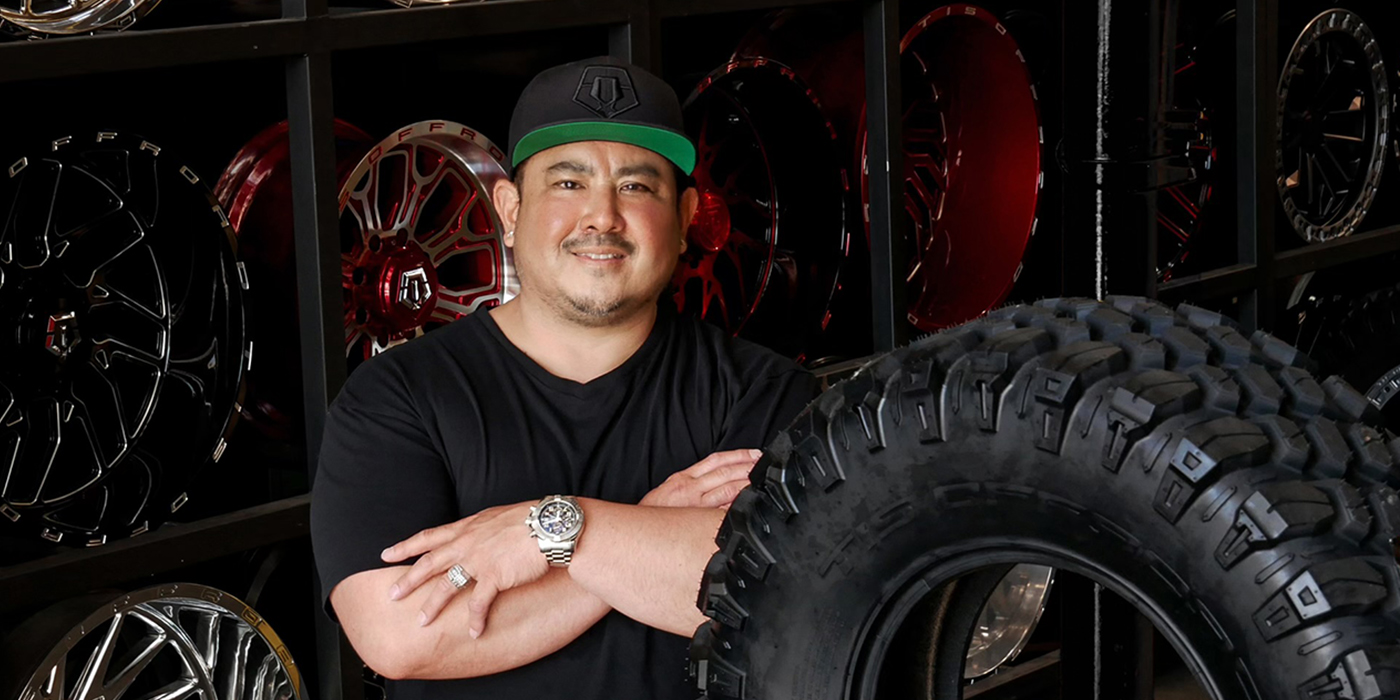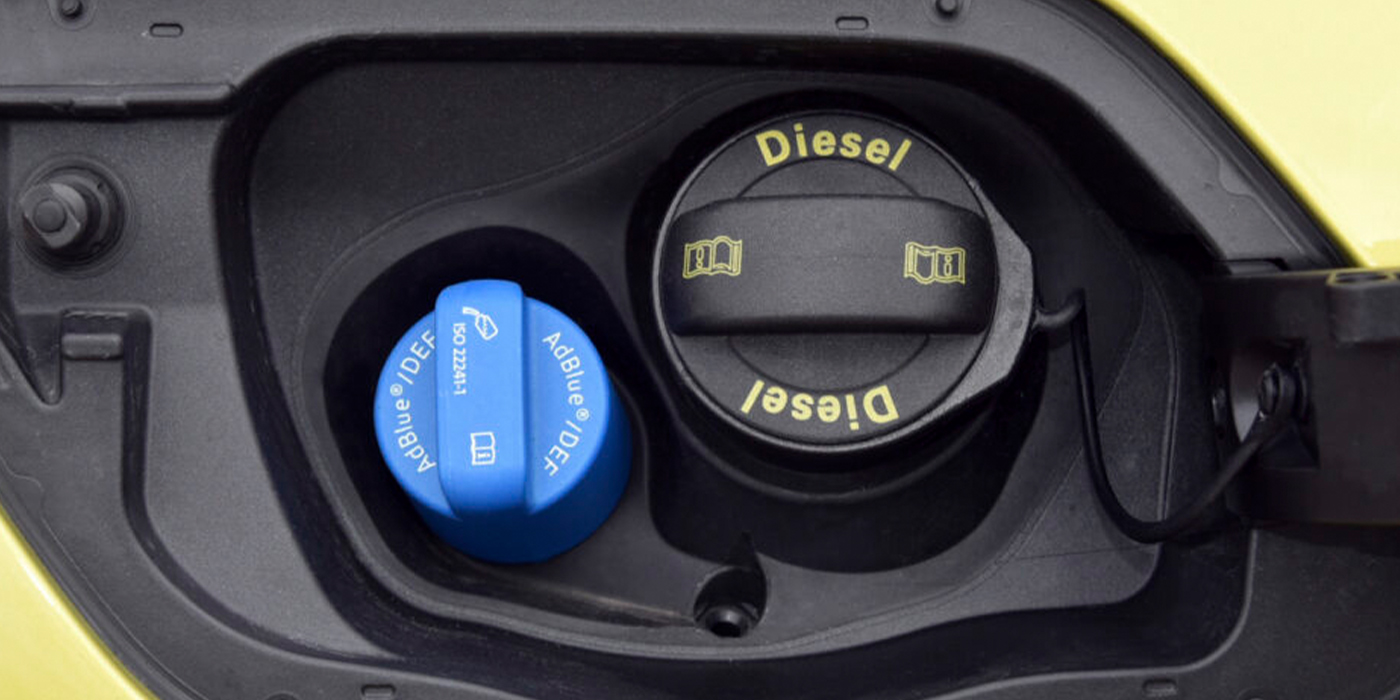Sales experts agree that when you assume you already have the sale, it can be a powerful tool for increasing the probability that you actually close it. When a salesperson thinks positively throughout a sales discussion, continually envisioning that the sale will be made, that positive feeling projects to the customer and helps move things forward.
So, the best thing service advisors can do is to take on the role of consultant. In other words, don’t maintain an attitude that the customer needs to be persuaded. Instead, assume that the customer needs your product/services and needs reinforcement as to how your shop’s services are their best solution.
Consultants don’t sell — they advise, strategize and help a customer economize. Throughout the process, the “consultant” listens, then recommends and selects what will best serve the needs of the customer.
Assuming the sale throughout the conversation reduces the importance of hard-sell closing techniques because, in effect, the entire process becomes a “close.” However, even if the consultative service advisor has made recommendations regarding the repair, pricing, etc., a softer final closing to the sale is usually required.
In the end, instead of feeling like they were sold, the customer feels as if they were served, which helps build confidence in your business. Taking a consultative approach to selling is clearly an ideal situation. Not only can it result in ongoing repeat sales, it almost always allows a service advisor to achieve a positive relationship with the customer for years to come.















